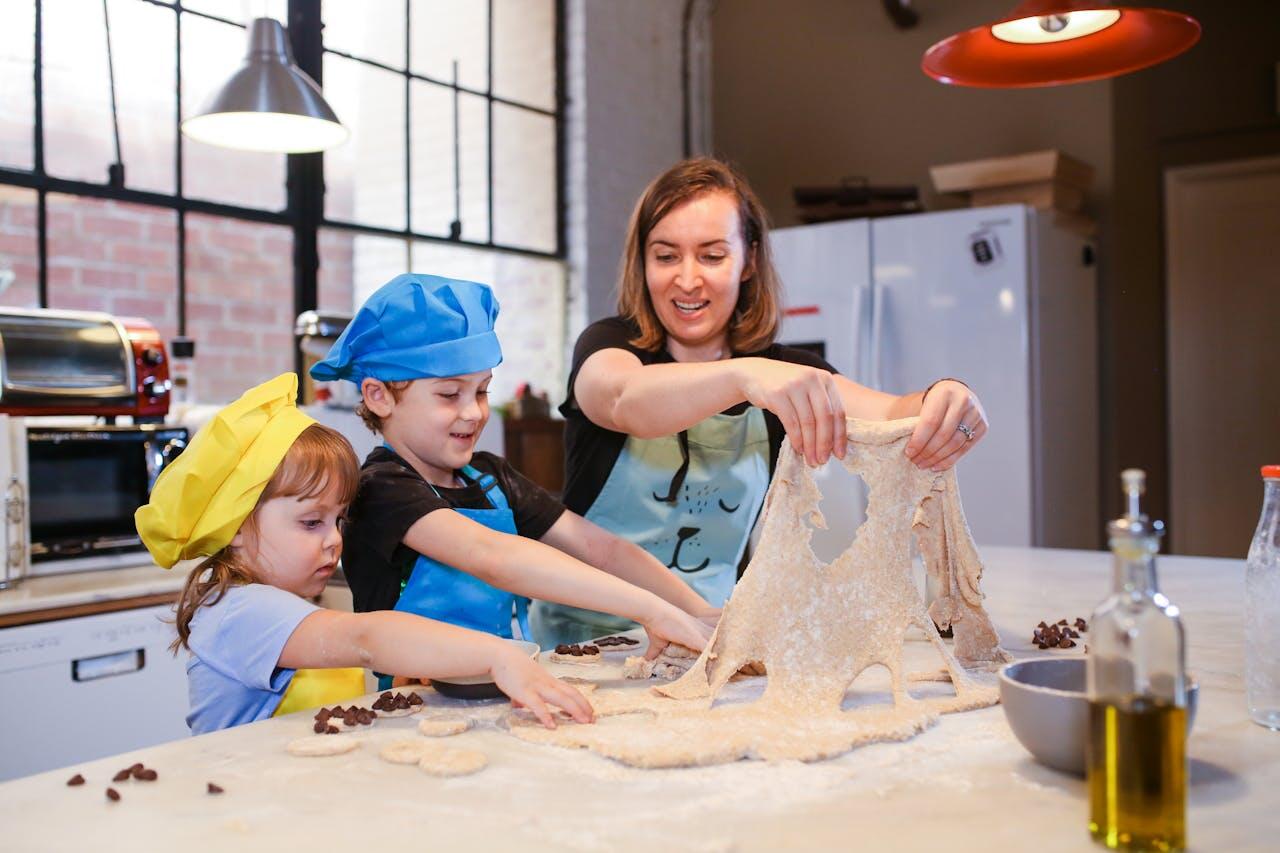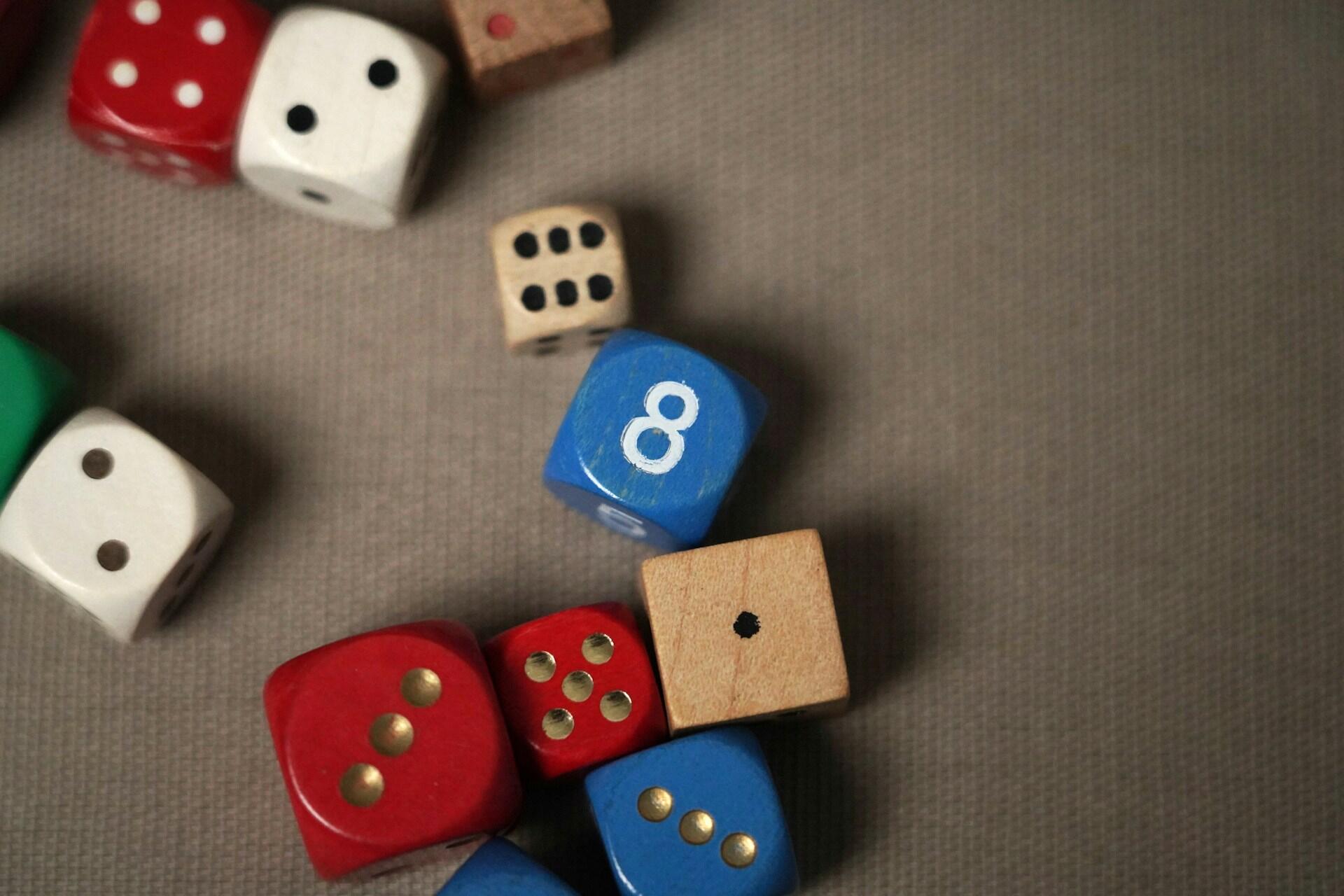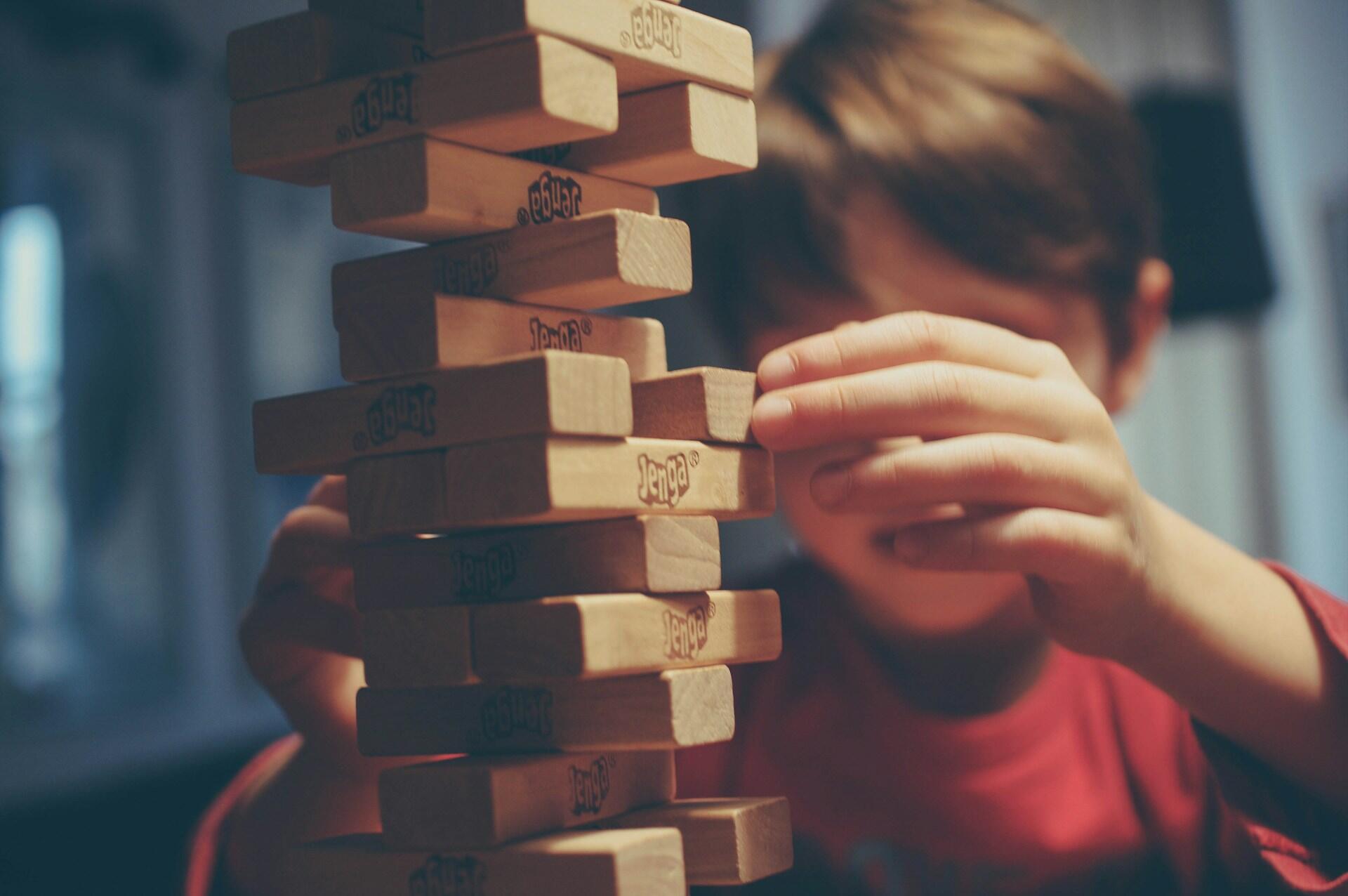When it comes to counting, memorising times tables, or even mastering the concept of probabilities from playing dice, mathematics can be difficult. Kids often compare learning these skills to playing with their their toys, which obviously makes it seem like a chore. The great thing about acquiring any new skills nowadays is that you can use more than paper and pencil to learn to count, tell time, times tables and more! The explosion of online resources, like math apps and games, has helped many students worldwide learn to make the most of their time outside school.
In this article, we will review 10 fun and engaging math games for kids (comprising online and non-online math games) that help build a strong foundation in the subject and foster a lasting interest in math
| Math Games | Suitable age range |
|---|---|
| PBS Kids | 2–8 years old |
| Math Playground | 2- 12 years old |
| Equate: The Equation Thinking Game | 8–14 years old |
| ICT Games – Counting and Number Games | 5-10 years old |
| Interactive Resources UK | 5–11 years old |
| Shape Hunt | 4–8 years old |
| Sum Swamp (Board Game) | 5–8 years old |
| Maths Bingo | 5–11 years old |
| Measurement Scavenger Hunt | 6–11 years old |
| Maths Jenga | 6–12 years old |

1. PBS Kids
PBS Kids offers a comprehensive online maths games selection (more than 40 games) for children of different age groups, whether they are preschoolers or studying in elementary school. The games use fun animations to introduce new math skills and concepts in real-life applications, like in the kitchen, for instance.
One of the most engaging maths games in PBS Kids — Peg's Pizza Place teaches children about simple counting, measurement, and even simple fraction concepts (like halves or doubles) during a simple baking game.

Beat Feature: PBS Kids also provides learning resources for both parents and educators, especially in terms of math game adaptations in the classroom or at home through the form of sensory play, math puzzles, building a three-dimensional model and so on.
Age Range: 2–8 years old (Nursery to KS1)
Accessibility: Web browser and tablet-friendly
Abilities Gained: Strong counting and basic arithmetic operations
2. Math Playground
The games offered by Math Playground were designed with fun and challenge in mind. Learners can access a wide range of maths topics revolving around basic math operations, fractions, algebra, shapes, money and time for different levels. Some examples of the games include Bingo Fractions, Algebra Puzzles, and Math Racer Multiplication.
Best Feature: Learners can build solid problem-solving skills revolving around different math real-life scenarios through the Thinking Blocks tool with complete workings, examples after mastering the topics through the above games. If you want extra support beyond games, you could also work with a maths tutor to build confidence with problem-solving.
Age Range: Pre-kindergarten to 12 years old
Accessibility: Web browser and tablet-friendly
Abilities Gained: Problem-solving, logical thinking
3 Equate: The Equation Thinking Game
Equate is essentially Scrabble, but with numbers. It is a versatile team game (2 to 4 players) that can be played physically (board game) or digitally. So instead of placing letters across the boards, players place different numbers and symbols and "solve" the equation.
For younger kids, the game usually begins with simple addition and subtraction operations, and for older kids, players can move to multiplication, division operations, and even include the bracket or fraction symbols to increase the difficulty level.
Best Feature: Besides being a hands-on and stimulating game that enhances math proficiency, Equate is also a versatile resource that adapts to different difficulty levels and can be played in the classroom or at home, with or without Internet access.
Age Range: 8–14 years old
Accessibility: Board or digital interactive game
Abilities Gained: Strategic thinking, connecting relationships between numbers and operations
4. ICT Games – Counting and Number Games
Next up, we have ICT Games, which is tailored for the UK maths curriculum, especially for Key Stage 1 and Key Stage 2 students. This online math game hub is written by a UK educator who has over 20 years of teaching experience and offers interactive games on nine topics, including place value, counting and ordering, measurement, money, fractions, shape, statistics and a few more.

Best Feature: Each game offers clear and concise step-by-step instructions alongside printables that educators or parents can use for free.
Age Range: 5-10 years old
Accessibility: Web browser and tablet-friendly
Abilities Gained: Number recognition, math operations (going beyond memorisation)
5. Interactive Resources UK
Formally known as Primary Games UK, this maths game website is designed specifically for primary school students in the UK. It acts as a fun teaching and revision tool to reinforce daily maths education. Some examples of the topics covered through these engaging games include:
- Multiplication (the Multiplication Tables Check Race)
- Fractions (Fraction Ballons)
- Coordinates (Coordinate Coins)
- Probability (Spin and win )
Best Feature: It has abundant educational resources for math, offering more than 750 games and teaching tools.
Age Range: 5–11 years old
Accessibility: Web browser and tablet-friendly (ad-free subscription at £29)
Abilities Gained: Probability, number theory (prime numbers)

6. Shape Hunt
This is the perfect math game for primary school students after a classroom or home lesson on different types of shapes. After introducing the shapes, educators and parents can hide different shapes around the classroom or home and ask the children to start "hunting".
The game ends when the children bring back all the hidden shapes and correctly identify them with the right name and properties. For instance, a triangle has three equal sides.
Best Feature: Children enhance their shape recognition and cognitive skills by connecting theoretical knowledge of shapes with practical, real-life applications. For example, they might identify the classroom door as a rectangle.
Age Range: 4–8 years old
Accessibility: Easy preparation of the right resources (shape blocks or paper cutouts)
Abilities Gained: Shape recognition and basic geometry
7. Sum Swamp (Board Game)
If your child or student is a fan of board games, you can certainly introduce Sum Swamp to help them develop a strong interest in maths as they practise simple addition and subtraction operations to win the game.
Through the rolling of dice, the children get to do some mental maths while strategically planning their way to get through the "swamp of crocodiles" on the game board with other fun spots like the Even Number or Odd Number Special Squares. If your child needs extra practice with these core skills, a maths tutor can help them build speed and accuracy.

Best Feature: Apart from integrating math skills in the game, the game also offers a sense of entertainment or "luck" when players have the chance to advance or be stuck when they get caught in the "Endless Loop" or pass through the "Crocodile Short Cut" according to outcome of their rolled dice.
Age Range: 5–8 years old
Accessibility: Physical board game (easy to purchase)
Abilities Gained: Addition, subtraction, and probability
8. Maths Bingo
This is a creative and competitive math game to put your child's or student's math skills to the test. It teaches them to be fast and accurate in recognising numbers or solving various math operations in the given Bingo box.
Depending on the learning grade, parents and educators can adjust the difficulty level of the operations, whether it's addition, subtraction, multiplication or division.
Best Feature: Maths Bingo can be played in various formats and difficulty levels, both offline and online.
Age Range: 5 –11 years old
Accessibility: Printable (download online), pre-set bingo card sheets, or played via mobile gadgets
Abilities Gained: Number association, problem-solving
9. Measurement Scavenger Hunt
Measurement Scavenger Hunt is a brilliant game for instilling the importance of math in our surroundings. It teaches children that various mathematical concepts can be explored anywhere (indoors and outdoors) and enjoyed through active, team-based games.
All you need to do is just come out with a list of things to measure with varied measurement units in terms of length (like millimetre, centimetre, or even metre) and give the children a measuring tape or ruler to start getting into action.
Best Feature: It is one of the few games that demonstrate the tangibility of mathematics and how curiosity plays a crucial role in developing strong math skills in children through observation, association, and reinforcement.
Age Range: 6 –11 years old
Accessibility: Rulers, metre sticks, clipboards
Abilities Gained: Measurement units, measurement methods
10. Maths Jenga
The original Jenga is a classic game that is enjoyed by different age groups because it comes with straightforward playing rules and is pretty easy to set up. The twist here in Maths Jenga is adding math questions on each Jenga block (through stickers), where players need to answer them before removing the blocks.

Best Feature: It is a game that encourages high engagement from players, as they must solve math problems correctly while carefully removing blocks from the Jenga tower—without causing the entire structure to collapse.
Age Range: 6–12 years old
Accessibility: Jenga set, stickers, paper to record answers
Abilities Gained: Arithmetic, problem-solving skills
🏆 Grow Your Math Skills Through Games and Private Tutoring
If there's one takeaway that you can take from this article, we hope that it's how a growth mindset will help you to enjoy and excel in maths. Whether it's through a wide range of maths games, maths apps, or even maths books, math education can be flexible and dynamic. Instead of looking at math education as a one-size-fits-all approach, it's important to be open and receptive to various learning methods and integrate them according to your learning needs and pace.
For example, if you are looking for personalised tutoring to take your math skills to the next level, you can always connect with an experienced and qualified maths tutor at Superprof. If you're based in the West Midlands, you can also find a local maths tutor to support your learning goals. Here, you can access a wide selection of tutors across the UK who are well-versed with the UK maths curriculum and teaching students of different age groups. Not only that, you also get to set the maximum budget of your lessons (hourly rates) before booking your first lesson with your tutor!
One-to-one tutoring (whether it's face-to-face or online) can help students identify their strengths and weaknesses and build a strong foundational understanding of various math topics. Additionally, it provides better revision support for students before tackling important exams such as GCSE or A-Levels.
Have fun learning Maths with Superprof today!
Summarise with AI:















